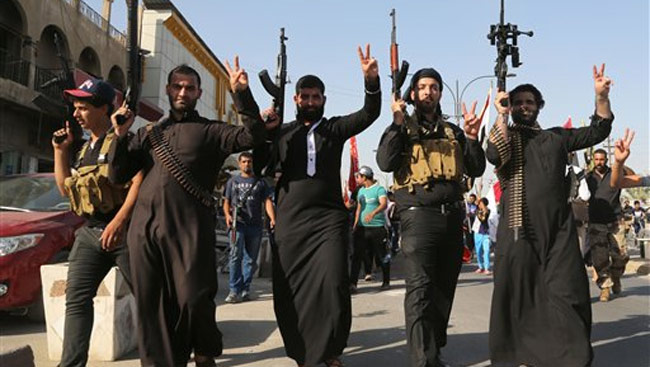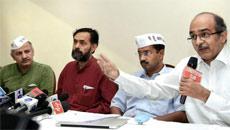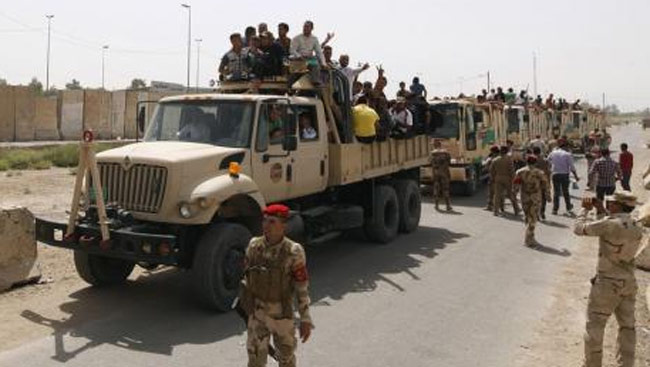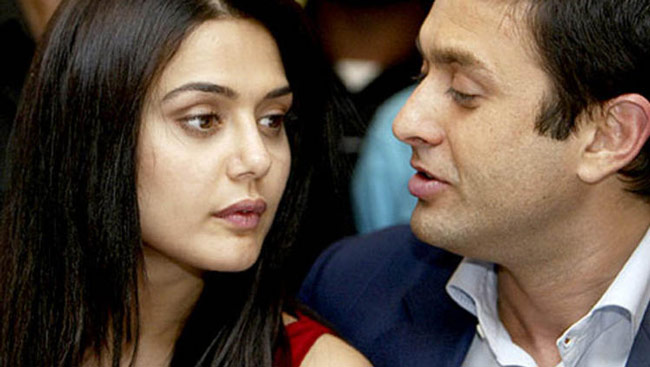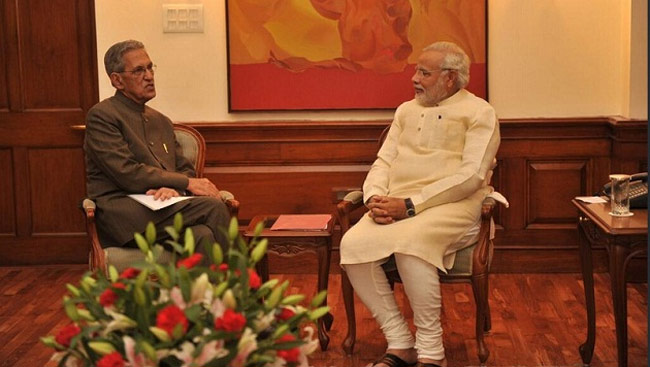After bikinis, mini-skirts and pubs, spas and salons in coastal Goa now find themselves under the scanner of the politico-moral police who are out to take the fun out of the state that is one of India's top tourist draws for its many attractions.
Accused by government agencies, right-wing politicians and sections of the media of serving as camouflaged abodes for prostitution, fuelling trafficking of women and promoting Goa as a destination for sex services, leading spa and salon promoters in Goa have now closed ranks to collectively combat the charges that they term as unfair and motivated.
The Goa Salon and Spa association claims it is fighting for the "survival of the industry" which generated around Rs.15-18 crore ($2.5-3 million) annually.
"People mistake all spas or salons for massage parlours where these things happen. Bad elements exist in every profession, every industry, in every walk of life. This does not mean that legitimate and honest businesses should suffer and face unprecedented hardships," claims Sydney Moraes, who runs spas in eco-tourism areas as well as the coastal belt.
The controversy comes at a time when the BJP and ruling coalition partners have been demanding a ban on revealing clothes like bikinis and mini-skirts, as also pubs.
Moraes, one of the founder members of the association, claims that the health department had been harassing spa owners by insisting on segregating male and female therapy areas.
"Those who are doing this do not know what they are talking about. Massage is just one part of the therapy. What a spa and salon offers is a therapy by touch, something which has been an ancient tradition in India. Do you remember the masseuse who performed therapy on you as a child?" Moraes asked while speaking to IANS.
Asha Arondekar, who runs the Tatva range of spas in Goa, claims that by offering both male and female therapists, spa and salon operators were actually offering clients a choice.
"Not only do we offer a choice of gender to the patron but we are also creating employment avenues for women. Eighty-five percent of the 600-odd therapists that the Association's members employ are women," Arondekar told IANS.
Raids and sting operations on massage parlours in the last couple of years have revealed that several questionable salons, especially along the coastal belt, trafficked women and pushed them into prostitution under the garb of therapists.
Arun Pandey, whose ARZ NGO works in the area of human trafficking, claims a study by his organisation revealed that 179 women, primarily from northeast India and Nepal, had been trafficked. Two cases of trafficked Russian women were also documented in his study.
"Before they are brought here they are not told what kind of work they would be doing. When they reach their destination here, it's too late to turn back," Pandey told IANS.
Michael Lobo, a BJP legislator from Calangute, perhaps the most popular beach tourism village in north Goa, 20 km from here, claimed that massage parlours are bringing a bad name to Goa. Some time ago, Lobo even gave the names of 14 such establishments that were alleged fronts for prostitution. Subsequent raids led to the rescuing of some women who were allegedly trafficked and made to provide sexual gratification in massage cubicles.
Association General secretary Sumit Bhobe admitted that there is a lot of shady operators, who peddle "other things" in the name of spas and salons and that they should be cracked down upon.
"We are glad that the police raid these places. The bad apples are bringing the entire basket a bad name," Bhobe told IANS.
Moraes too claimed that prostitution is not rare in Goa and needs to be arrested.
"Flesh trade is happening all over the coastal belt," he said, adding that there was a need to draw a line between the legitimate spa and salon trade and those who use therapy outlets as fronts for "illegal activities".
